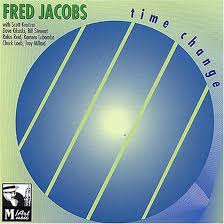Understanding the Big Bang Theory: The Birth of the Universe

Introduction
The Big Bang Theory is one of the most significant scientific theories that attempts to explain the origin and evolution of our universe. This theory posits that the universe began as a singular, extremely hot and dense point approximately 13.8 billion years ago and has been expanding ever since. Its importance lies not only in its explanation of the universe’s beginnings but also in its influence on various fields of physics, astronomy, and even philosophy, making it a topic of keen interest for both scientists and the general public.
Key Events and Evidence
The Big Bang Theory is supported by several key pieces of evidence. One of the most critical is the observation of the cosmic microwave background radiation (CMB), which is considered the afterglow of the Big Bang. Discovered in 1965 by Arno Penzias and Robert Wilson, this radiation provides a snapshot of the early universe, showcasing the uniformity and slight fluctuations that would eventually lead to the structure we observe today.
Another significant piece of evidence is the redshift of distant galaxies, first observed by Edwin Hubble. This redshift implies that galaxies are moving away from us, indicating that the universe is expanding. The further a galaxy is from Earth, the faster it appears to be retreating, which aligns with the predictions of the Big Bang theory.
Modern Developments and Theoretical Implications
In recent years, researchers have advanced our understanding by exploring concepts like dark matter and dark energy, which make up about 95% of the universe. These elements are crucial for explaining phenomena that the Big Bang Theory does not account for, such as the accelerated expansion of the universe. The development of technology like the Hubble Space Telescope and the upcoming James Webb Space Telescope enhances our ability to study the cosmos, potentially providing new insights into the Big Bang and subsequent cosmic events.
Conclusion
The Big Bang Theory remains a cornerstone of modern cosmology. As scientific techniques and observational technologies evolve, our understanding of this monumental event and its implications for the universe continues to deepen. For readers, grasping the fundamentals of the Big Bang Theory underscores not only the richness of our universe’s history but also the ongoing quest to uncover the realms of space and time. As new discoveries emerge, we may find ourselves moving closer to answering some of the most profound questions about existence and the cosmos.









